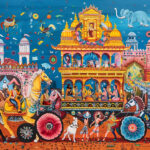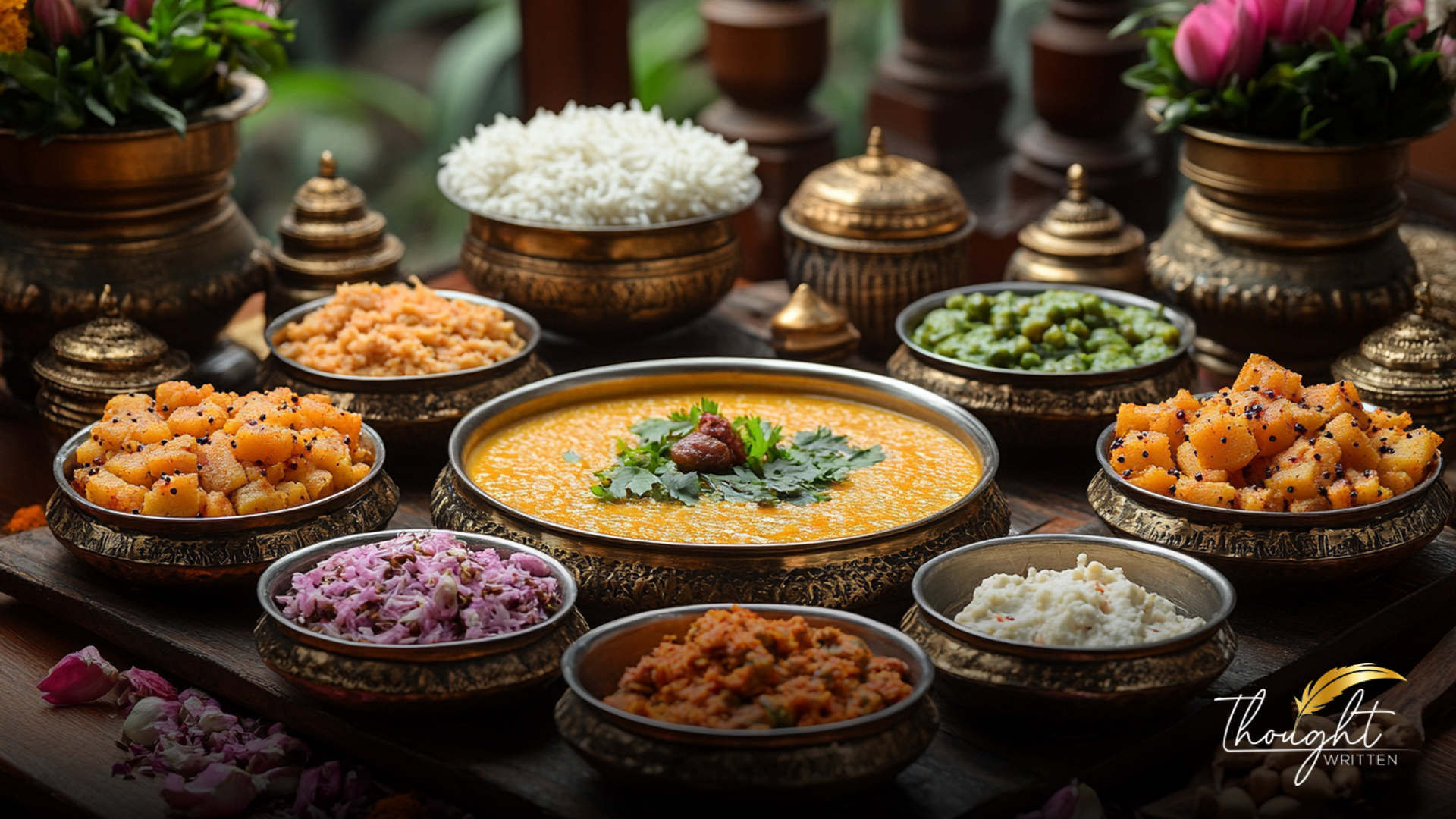Dhanteras, also known as Dhanatrayodashi, marks the beginning of the five-day Diwali festival and is celebrated with great enthusiasm across India. This auspicious day falls on the 13th day of the Krishna Paksha (dark fortnight) in the Hindu month of Kartik
Dhanteras: A Celebration of Prosperity and Good Fortune

Introduction
Dhanteras, also known as Dhanatrayodashi, marks the beginning of the five-day Diwali festival and is celebrated with great enthusiasm across India. This auspicious day falls on the 13th day of the Krishna Paksha (dark fortnight) in the Hindu month of Kartik. Dhanteras holds special significance as it is believed to bring prosperity, wealth, and good fortune to households. Let’s delve into the traditions, legends, and the joyous atmosphere that surrounds this festival.
Historical Significance
The word “Dhanteras” is a combination of two Sanskrit words�’Dhan,’ meaning wealth, and ‘Teras,’ referring to the 13th day of the lunar fortnight. According to Hindu mythology, on this day, Goddess Lakshmi emerged during the churning of the ocean (Samudra Manthan). Hence, people worship Goddess Lakshmi and Lord Kubera, the treasurer of wealth, seeking blessings for financial well-being and prosperity.
Traditions and Customs
Dhanteras is not just a day to pray for material wealth; it is also a time for various customs and rituals. People clean and decorate their homes, buy new utensils, and light lamps to welcome prosperity. It is common for families to purchase gold or silver items, as these metals are considered symbols of good luck and wealth. Some also draw intricate rangoli designs at the entrance of their homes to invite positive energy.
Legend of King Hima's Son
One of the most famous legends associated with Dhanteras is the story of King Hima’s son. According to the legend, it was predicted that Hima’s son would face death due to a snake bite on the fourth day of his marriage. To save her husband, the young wife devised a plan. On the fateful night, she laid out all her gold and silver ornaments, along with coins, at the entrance of the chamber. To keep her husband awake, she narrated stories and sang songs.
Yama, the god of death, arrived in the form of a snake, but he was blinded by the brilliance of the gold and silver. The god couldn’t enter the chamber and got entangled in the ornaments. In frustration, Yama listened to the melodious songs and stories throughout the night. At dawn, he quietly left, sparing the young man’s life. This tradition of keeping lamps burning and staying awake on Dhanteras night is believed to ward off death and bring prosperity.
Conclusion
Dhanteras is more than just a prelude to Diwali; it is a celebration of wealth, wisdom, and the victory of light over darkness. As families come together to pray, share joy, and invest in auspicious items, the spirit of Dhanteras resonates with the age-old belief that prosperity, when shared and celebrated, multiplies manifold. May this Dhanteras illuminate your life with happiness, success, and abundant blessings.





